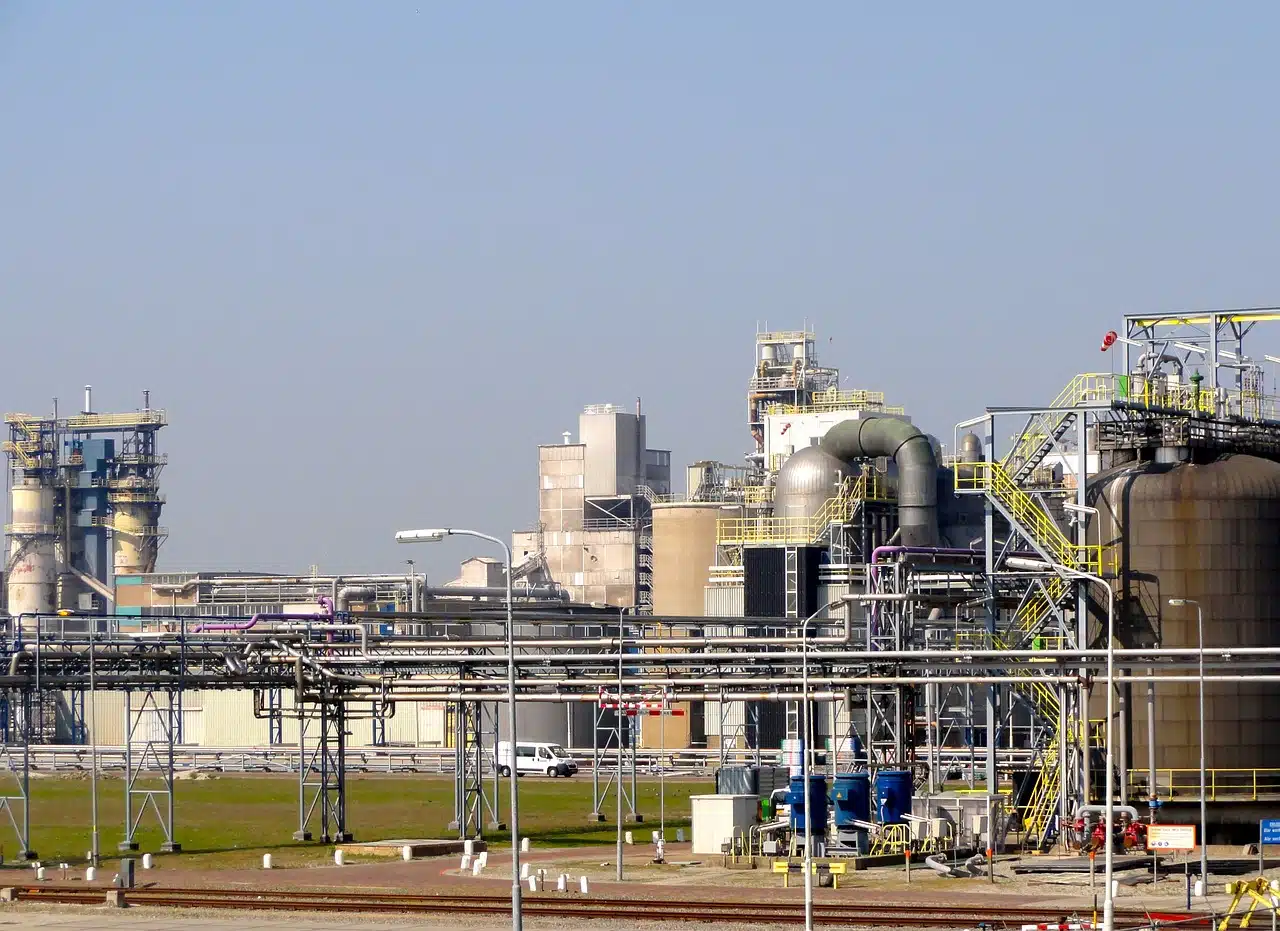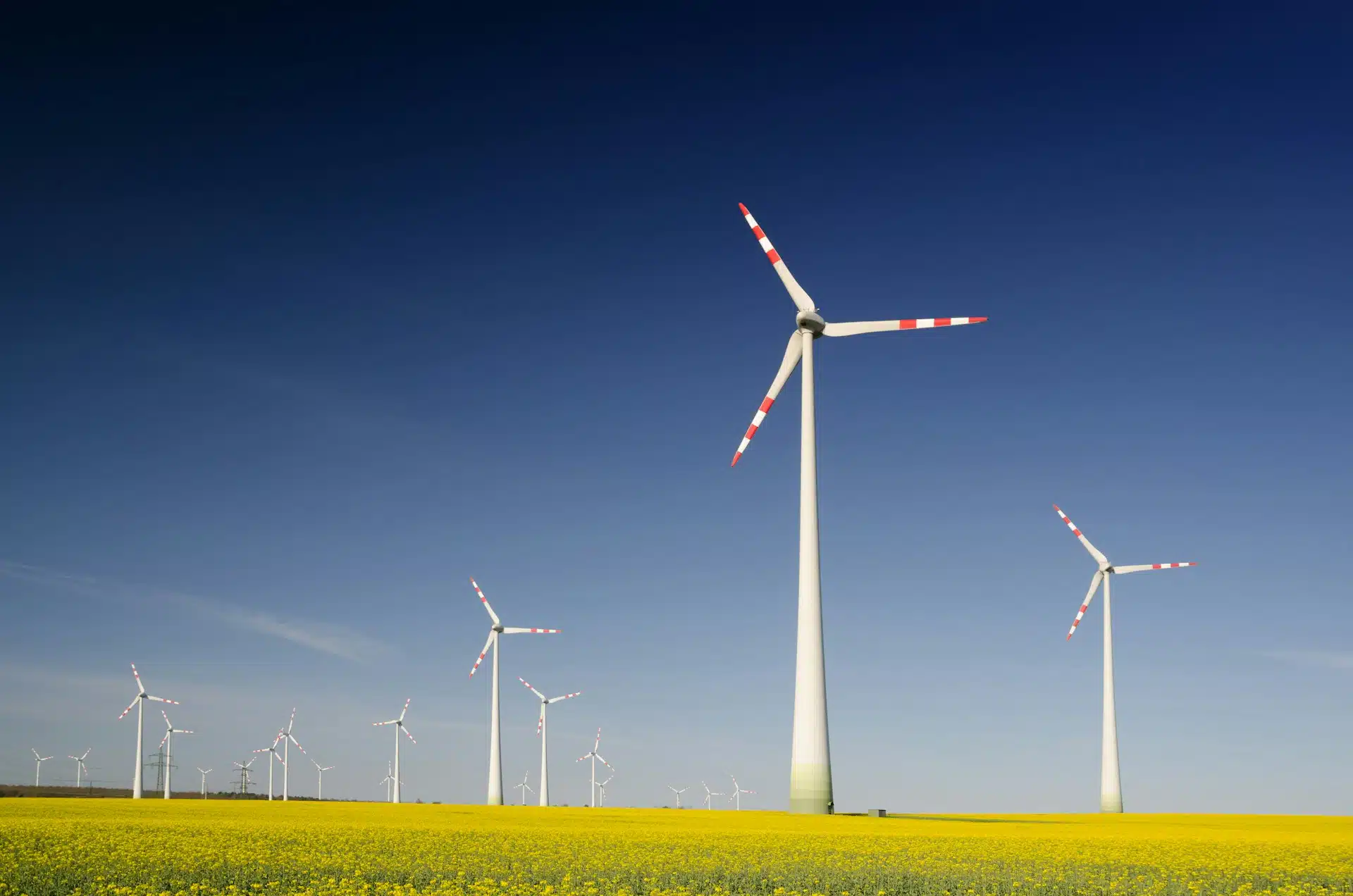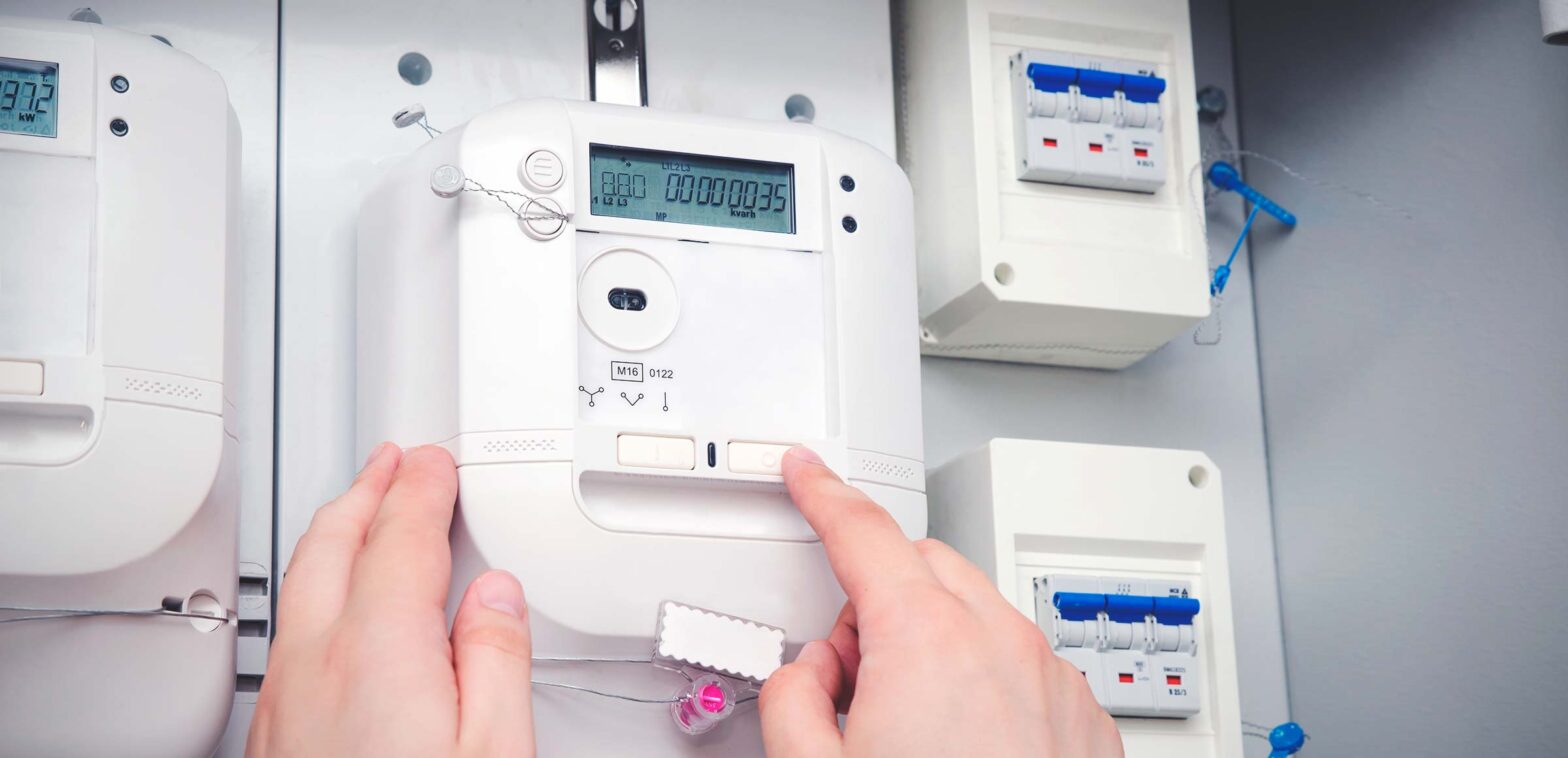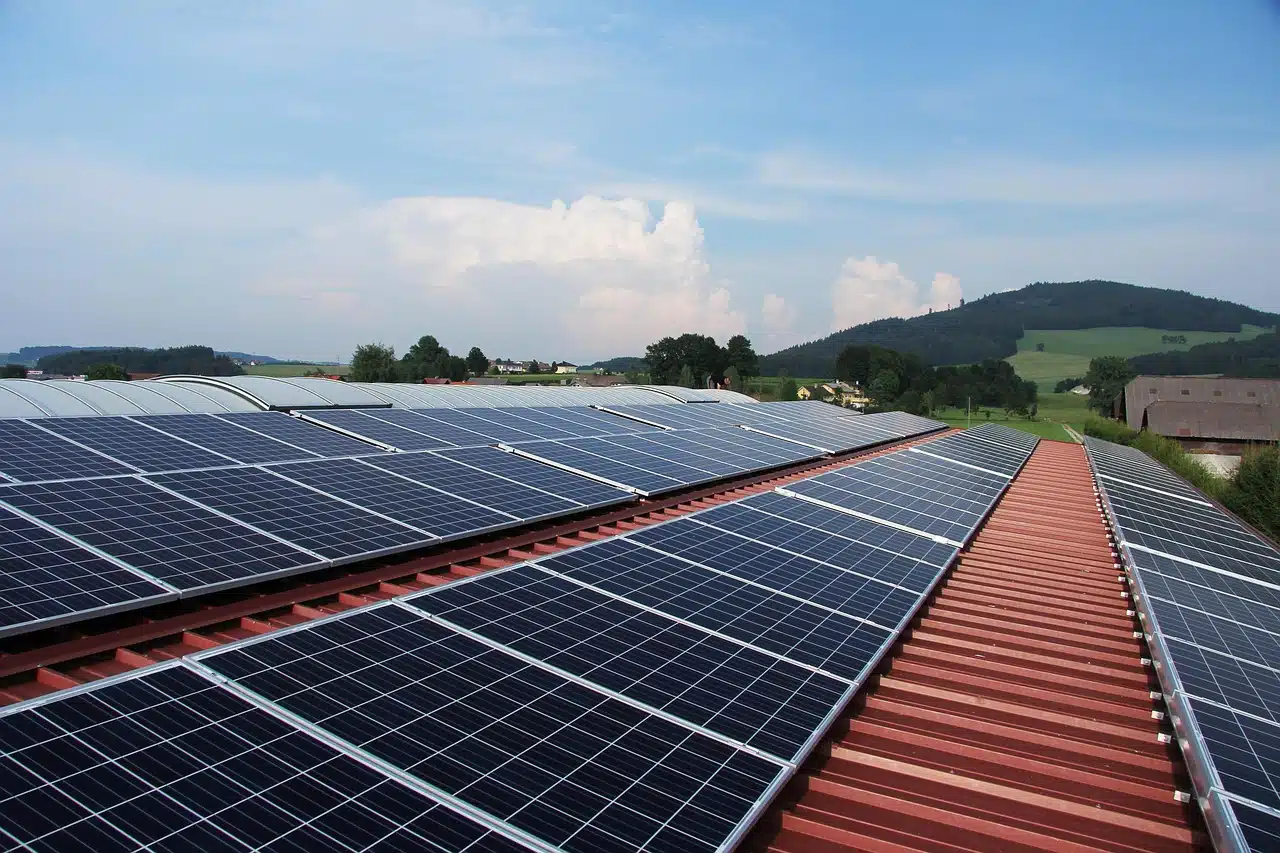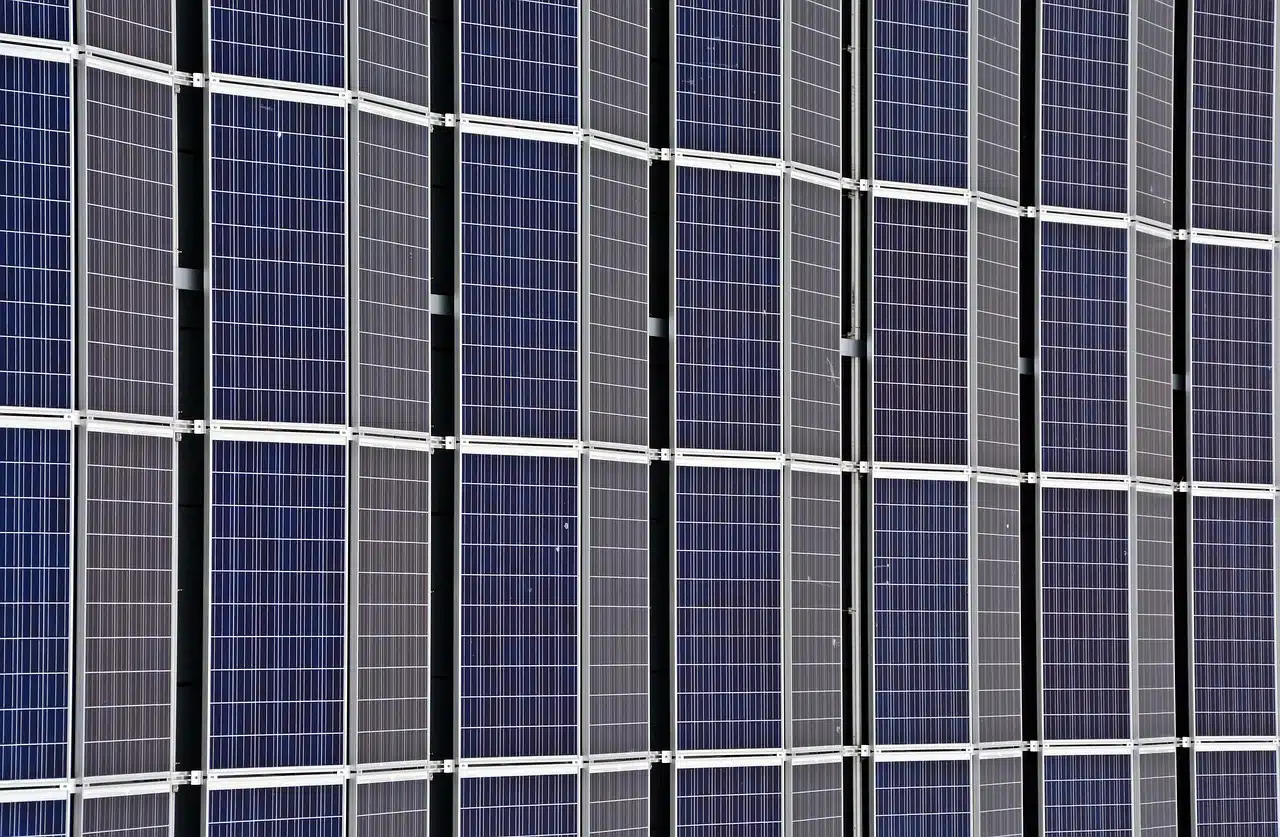Nigeria is moving closer to domestic mineral value addition, with two Chinese backed lithium processing plants expected to begin operations this year.
The facilities are part of a broader push to shift away from raw mineral exports and boost local industrial capacity.
This development was disclosed by the Minister of Solid Minerals Development, Dele Alake, on Sunday.
He stated that a $600 million lithium processing plant situated near the Kaduna-Niger border is scheduled for commissioning in the current quarter, while another $200 million facility located on the outskirts of Abuja is almost ready for operation.
Alake noted that more than 80% of the funding for the projects was provided by Chinese firms, including Jiuling Lithium Mining Company and Canmax Technologies.
The remaining shares are held by local firm, Three Crown Mines.
“The aim is no longer just to mine and export raw minerals,” the minister said. “We are now focused on turning our mineral wealth into domestic economic value jobs, technology, and manufacturing.”
In addition to the Kaduna and Abuja facilities, Alake mentioned that two more lithium processing plants are expected to come on stream in Nasarawa State before the third quarter of 2025.
Nasarawa borders the Federal Capital Territory and has been identified as one of the states with significant lithium deposits.
While the Chinese companies involved are yet to issue official statements, separate confirmations have come from state governors in the areas where the plants are located.
The Chinese backed investment, according to officials, is also expected to support technology transfer and infrastructure development around the host communities.
Reforms in Nigeria’s mining sector
Moreover, the lithium plant projects form part of Nigeria’s ongoing efforts to revitalize its under performing mining sector.
Though the country holds extensive mineral resources, the sector currently contributes less than 1% to the national gross domestic product.
In recent times, the federal government has taken several steps to change that narrative.
These include a restriction on the export of unprocessed minerals, reforms to formalize artisanal mining operations, and the creation of a state backed mining company that allows private investors to hold up to a 75% equity stake.
Interest in Nigeria’s lithium potential surged following a 2022 study by the Nigerian Geological Survey Agency, which identified high grade lithium deposits across multiple states.
The mineral, crucial to electric vehicle battery production, has become a key focus for countries seeking to strengthen clean energy supply chains.

